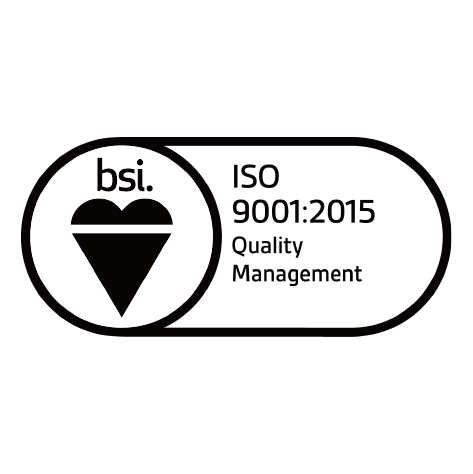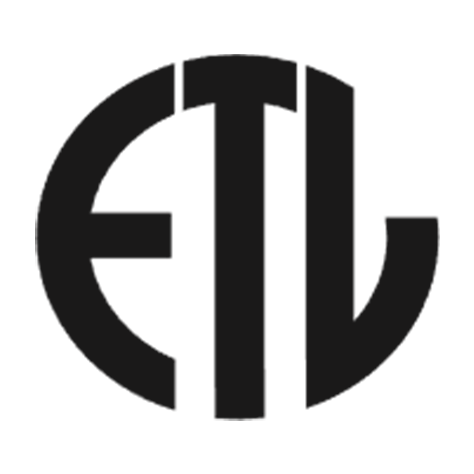Company Qualification
Hongjiali New Energy (HG POWER) has more than 100 certificates of various honours and qualifications, more than 40 product test reports, more than 20 computer copyright certificates, and more than 40 patents of

ISO 9001:2015 is the latest version of the internationally recognized standard for quality management systems, developed by the International Organization for Standardization (ISO). It provides a framework for organizations to establish, implement, and continuously improve their quality management practices. The standard emphasizes risk-based thinking, strong leadership, a process-based approach, and continuous improvement.

ISO 14001:2015 is the international standard for environmental management systems, developed by ISO. It provides a framework for organizations to improve environmental performance through systematic management, compliance with legal requirements, and continuous improvement. Compliance demonstrates a commitment to reducing environmental impact and enhancing sustainability.

IATF 16949:2016 is the global standard for automotive quality management systems, developed by the International Automotive Task Force (IATF) and aligned with ISO 9001:2015. It focuses on defect prevention, reducing variation and waste, and continuous improvement. Compliance ensures that automotive organizations meet customer and regulatory requirements for high-quality products.

CE (Conformité Européenne) is a certification mark indicating that a product meets the health, safety, and environmental protection standards required for sale within the European Economic Area. CE marking assures consumers that products meet high safety and quality standards.

TÜV stands for Technischer Überwachungsverein, which means Technical Inspection Association. The TÜV logo is a safety certification mark developed by TÜV in Germany for component products and is widely recognised and accepted in Germany and throughout Europe.


The Federal Communications Commission (FCC), established in 1934, regulates U.S. interstate and international communications via radio, TV, wire, satellite, and cable. It ensures accessible, efficient networks, manages spectrum allocation, enforces standards, oversees new technologies, and maintains competition.

RoHS (Restriction of Hazardous Substances Directive) is an EU directive that restricts the use of specific hazardous materials in electrical and electronic products. It aims to reduce environmental and health risks by limiting substances like lead, mercury, cadmium, and certain flame retardants. Compliance with RoHS is mandatory for selling electronic products in the EU market.

The CB (Certification Body) Scheme, managed by the IECEE, is an international system that allows mutual recognition of test reports and certificates for electrical and electronic equipment. Based on harmonized IEC safety standards, it provides a conformity assessment framework for manufacturers to test and certify their products, facilitating easier and cost-effective access to global markets.

CQC (China Quality Certification) is a certification body in China that ensures products meet national and international quality, safety, and environmental standards. Products requiring CQC certification include electrical appliances, automotive components, and other consumer goods.

Underwriters Laboratories (UL) is a globally recognised safety science company that offers the UL Mark, the most widely recognised certification mark in the United States. A product with the UL Mark signifies compliance with stringent safety and reliability standards.

CHAdeMO is a fast charging standard for electric vehicles, developed by the CHAdeMO Association (including TEPCO, Nissan, Mitsubishi, and Toyota). It enables high-power DC charging, typically providing an 80% charge in about 30 minutes. Widely used in Japan, it is also adopted internationally.
Find the right EV charging solution for your business
Let us help you find the solution to grow your profitable business.
